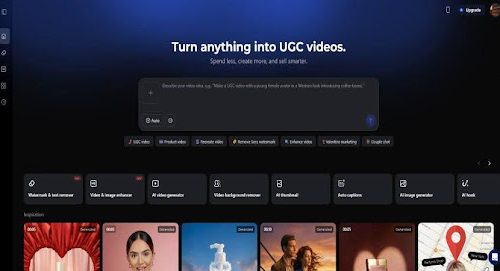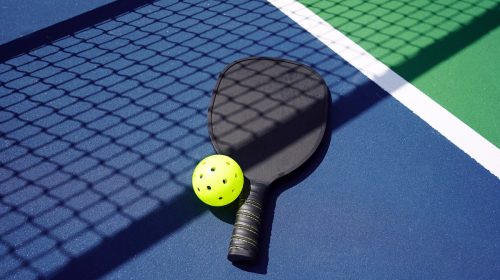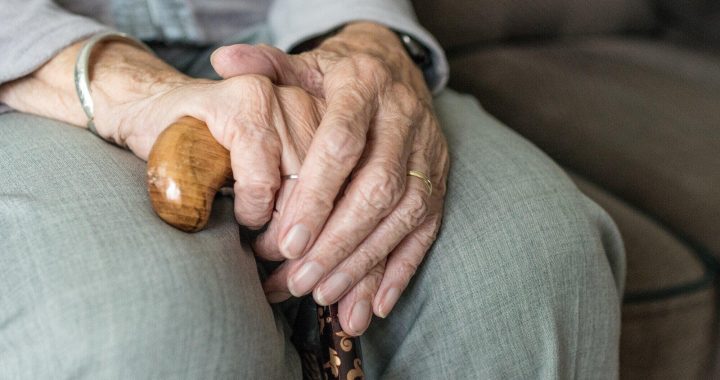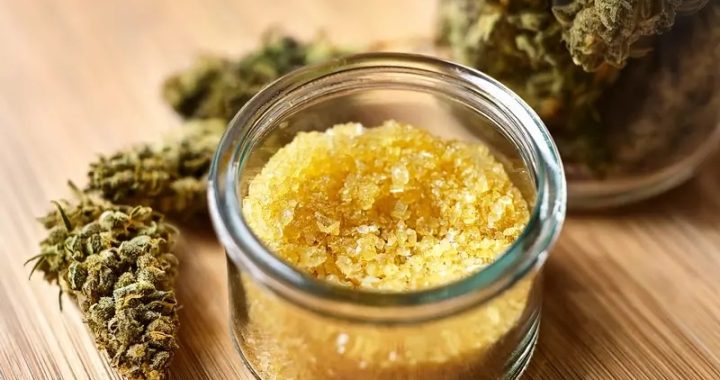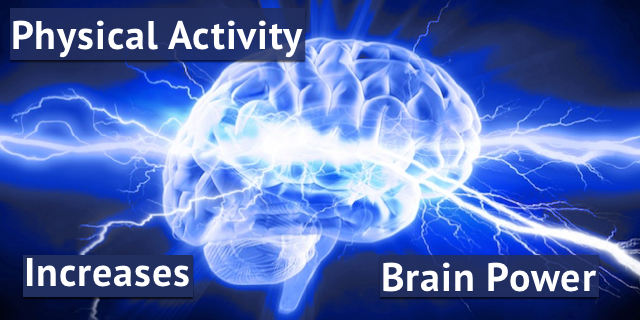
Sports and Learning: How Physical Activity Affects the Brain
The benefits of sports for the body are known to everyone: it makes us stronger and more resistant, strengthens the immune system, and thus protect us from disease. It is less obvious that physical activity also helps a person develop intellectually. We looked at the main scientifically proven effects of physical activity on human thinking abilities and figured out how to do sports with maximum benefit for both body and brain.
However, for those who struggle with the question: “who will take my online classes for me” to balance their time between sports and academic responsibilities, services such as essay writers or online class assistance can provide support and alleviate some of the stress associated with trying to juggle both commitments.
What sports are good for:
- Improving memory
When we do push-ups, run, or play volleyball, our physical effort causes cells in several parts of the brain to grow. Among them is the hippocampus, the area of the brain where memories are formed. With regular exercise, the hippocampus increases, and with it, long-term memory. The ability to remember information improves after the first workout, and both cardio and strength exercises have this effect.
Tip: Exercise for 30-40 minutes before preparing for an exam or a test to remember important dates, terms, and formulas better.
- Increase your concentration
Another department that develops during exercise is the prefrontal cortex. It is the one used by humans to make decisions, self-control, and retain attention. Physical activity stimulates its growth. In addition, intense exercise improves blood circulation, the body begins to consume more oxygen, which goes to the brain and helps it work better. Physical activity helps you stay focused and concentrate better.
Tip: Do a cardio workout, go for a jog or go to the pool before you sit down for classes. If sport doesn’t help you get your concentration back, we advise you to contact the write my essay service to avoid possible study problems.
- Develop neuroplasticity
Neuroplasticity is the brain’s ability to adapt to new conditions and learn new things. According to recent research, this function can be developed with high-intensity interval training (HIIT). These workouts consist of a series of high-intensity cardio exercises that are interspersed with intervals of vigorous rest. You can find exercise programs online or sign up for a group HIIT session at a fitness center.
Tip: Try a weekend HIIT workout to see if this type of activity works for you.
- Growth of neural connections
During learning, the number of brain cells (neurons) grows and new connections are formed between them. Any new skill we learn, whether it’s a foreign language or ice skating, develops our brain and makes it more receptive to learning new things. New sports activities also lead to the formation of new neural connections, which ultimately help us learn complex school subjects and work with large amounts of information.
Tip: Take every opportunity to try a new active hobby, like dancing, martial arts, skateboarding, and others.
- More energy and positive emotions
Physical activity helps the body produce norepinephrine, dopamine, and serotonin, the chemicals responsible for alertness, remembering information, motivation, good mood, and emotional regulation. In other words, exercising gives a person the strength, confidence, and motivation to excel in studies and find interesting things to do.
Tip: The most important thing is to learn to relax and enjoy sports. To do this, you need to find an activity to your liking and combine different types of exercise during the week.
- Strengthening health
The benefits of sports for intellectual activity are not limited to the growth of neural connections in the brain. Stress management, better sleep, and a stronger immune system are all beneficial effects of regular physical activity.
With good health, students have more resources to do well in school. To achieve a healthful effect, the World Health Organization standards should be followed: it is recommended for teenagers to have 60 minutes of moderate activity every day and at least three intense strength and cardio workouts a week.
Tip: Try doing yoga or a set of stretching exercises before going to bed to free yourself from anxiety and get in the mood for proper rest.
- Self-Discipline
Regular exercise teaches us many applied skills, such as developing willpower and time-management skills. Of course, physical activity should be enjoyable, but even the most dedicated sports fans have moments of fatigue, laziness, and low motivation. If you learn to make time for sports even during these difficult periods, you will find it easier to do many other difficult things.

